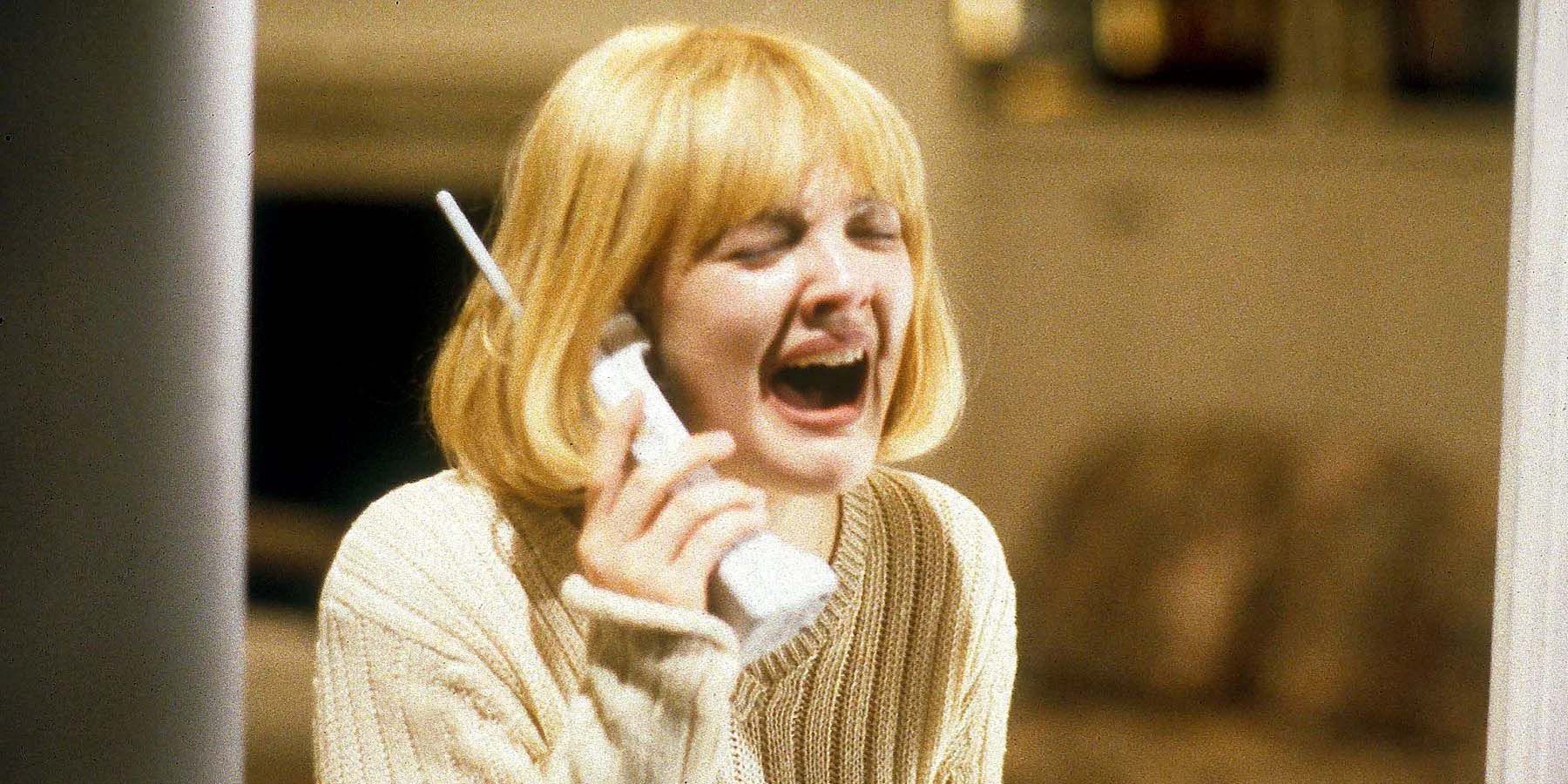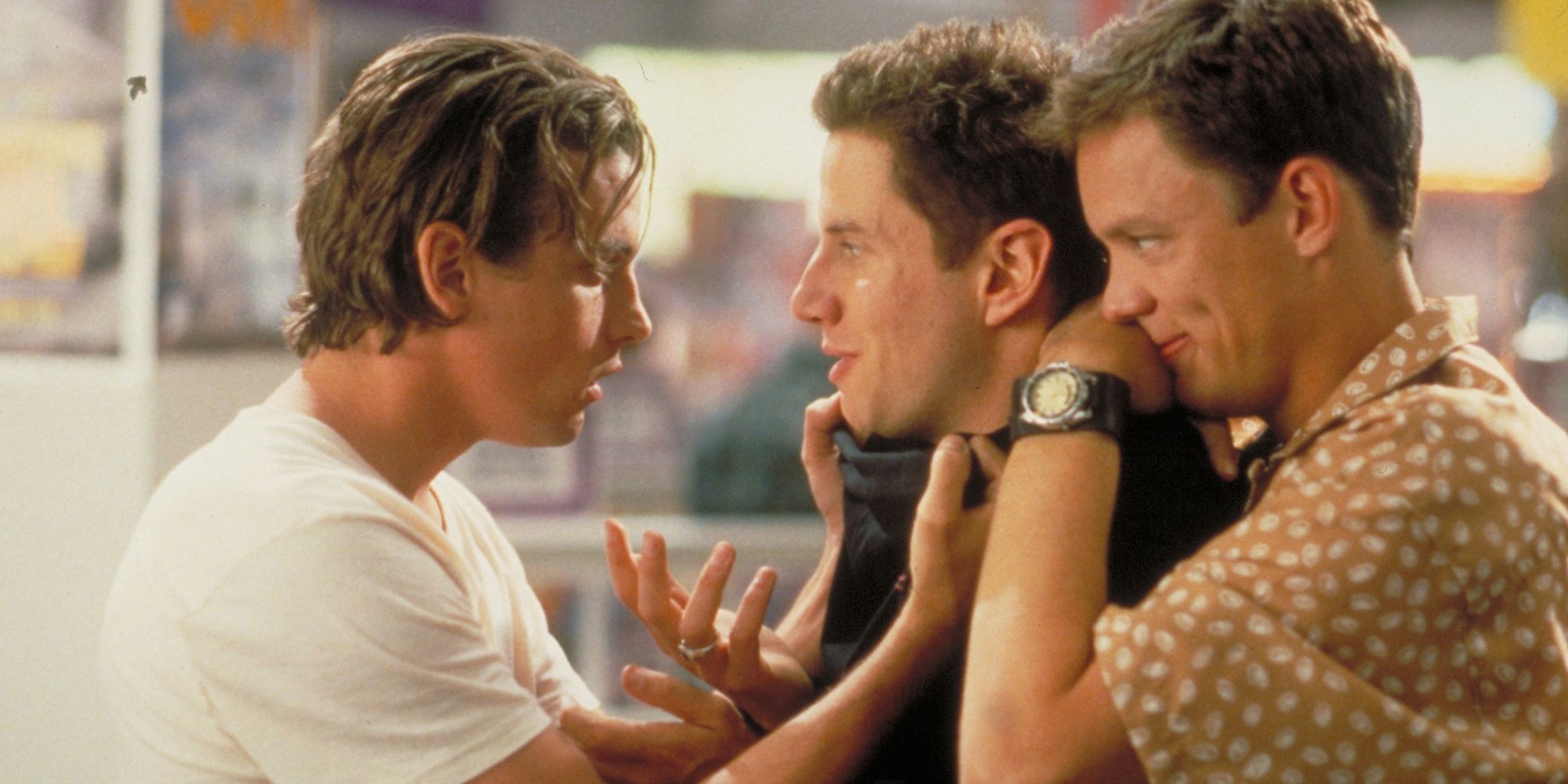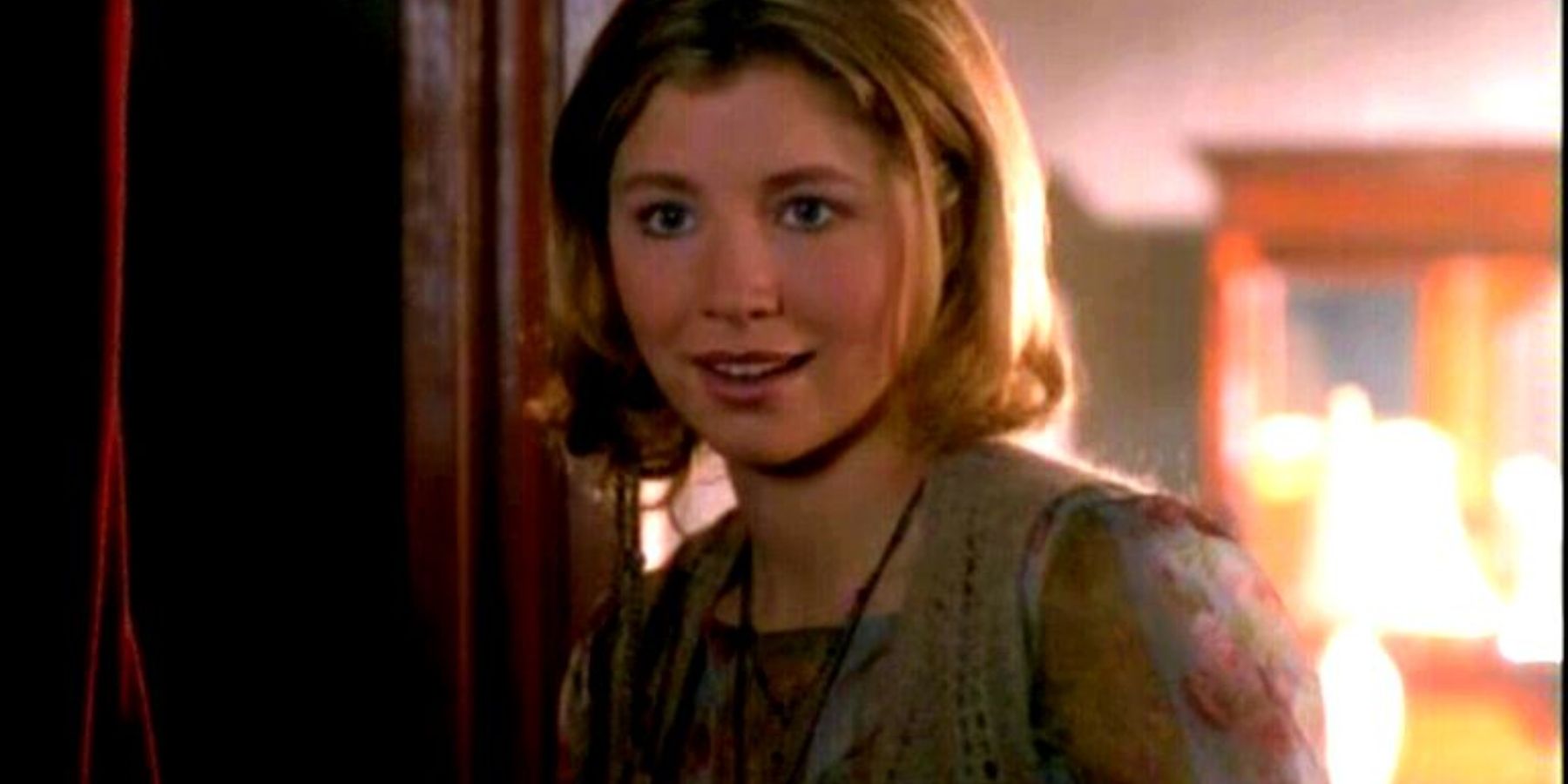When Scream is discussed as a legendary horror franchise, it's because the first film, which was released in 1996, used horror tropes to comment on them. The movie is a tragic and scary story about Sidney Prescott's (Neve Campbell) mother being killed and a villain out for revenge, but it also tells a meta story about the horror genre.
While many films that followed in Scream's footsteps wanted to be just as meta, they used horror tropes and didn't realize that Scream pointed them out, made fun of them, and deconstructed them. These other movies definitely missed the point that the '90s film made.
Scream makes fun of the final girl trope, as one of Scream's most memorable quotes is when Sidney talks about how "insulting" it is that female characters in horror movies run upstairs when they should escape out the front door. Sidney hates the "Damsel in Distress" trope more than most things. Other '90's horror films use this trope and not in a self-aware way. Julie James (Jennifer Love Hewitt) may be the final girl of I Know What You Did Last Summer (1997) and its corny sequel I Still Know What You Did Last Summer (1998), but Julie doesn't realize that, and she doesn't talk about her place in the story.
Randy Meeks (Jamie Kennedy) talks about the "Sex Equals Death" trope, as when characters have sex in a horror film, they tend to get killed. It's interesting that Sidney spends part of Scream contemplating whether to sleep with her boyfriend Billy Loomis (Skeet Ulrich) and she loses her virginity to him before the end of the film, which is horrifying considering that he's one of the two Ghostface killers. When other '90s horror movies feature this storyline, it's used seriously, with no commentary or discussion of what it means.
Urban Legend (1998) and I've Been Waiting For You (1998) are two other late '90s teen slasher movies that don't have the self-awareness that Scream does. Urban Legend may focus on "true stories" and that might be interesting, but Tosh Guaneri (Danielle Harrish) is a Goth character who enjoys sex and she is brutally murdered, so the movie uses this trope without any commentary.
Scream uses catchphrases like Ghostface asking "Do you like scary movies?" and I've Been Waiting For You, which tells the tale of Sarah Zoltanne (Sarah Clarke) moving to a new town and having everyone think that she's a witch. When Sarah keeps hearing someone saying "I've been waiting for you," these words aren't used in a funny or smart way. Instead, it feels cheesy. The movie is still an entertaining teen horror movie, but this is definitely different from the way that dialogue is used in Scream. Sarah doesn't laugh at the phrase but is legitimately afraid.
Scream's reveal of Stu Macher (Matthew Lillard) and Billy as the killers of the first movie is also worth noting. The film pokes fun at the big moment when the villain comes out and explains their motive for killing. It's always a dramatic, important scene. In the 1996 film, it's hilarious and memorable, with Stu laughing and then becoming upset that this parents will be angry at him for what he has done.
Sidney and Tatum Riley (Rose McGowan) have one of the best horror movie friendships and Tatum's death scene is an example of what the movie did differently. Tatum goes into the garage alone and is aware that she's just asking to be killed but does it anyway, making fun of characters who make the wrong choice and go in the direction that leads them straight to the villain. Of course, Tatum is murdered despite knowing that it could happen.
Scream knew that just simply presenting horror tropes (especially slasher tropes) without any commentary would be the wrong way to go and that a meta story was an brilliant idea. But while the film's writer Kevin Williamson, director Wes Craven, and cast and crew always knew what they were doing (making a meta movie that took the audience's intelligence seriously), the movies that followed wanted to be as successful as Scream but weren't as creative and wise. Idle Hands was a horror comedy, but it lacked the intelligent that Scream has. And when Valentine was released in 2001, it might have featured a killer going after a group of friends, but it was more cheesy than smart and funny.
Scream is the most fascinating horror movie from the '90s (and for many fans, of all time) because it presents a horror story while laughing at its tropes, scenes, storylines, and dialogue. It's a unique viewing experience that just couldn't be copied or done again, which is why the film remains so iconic.



